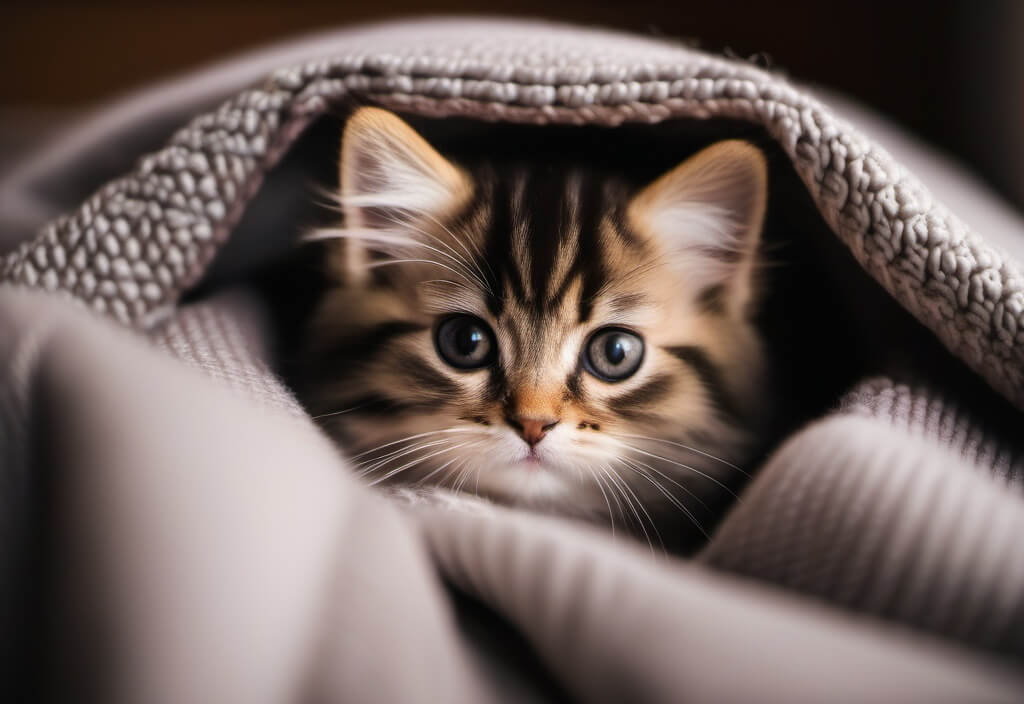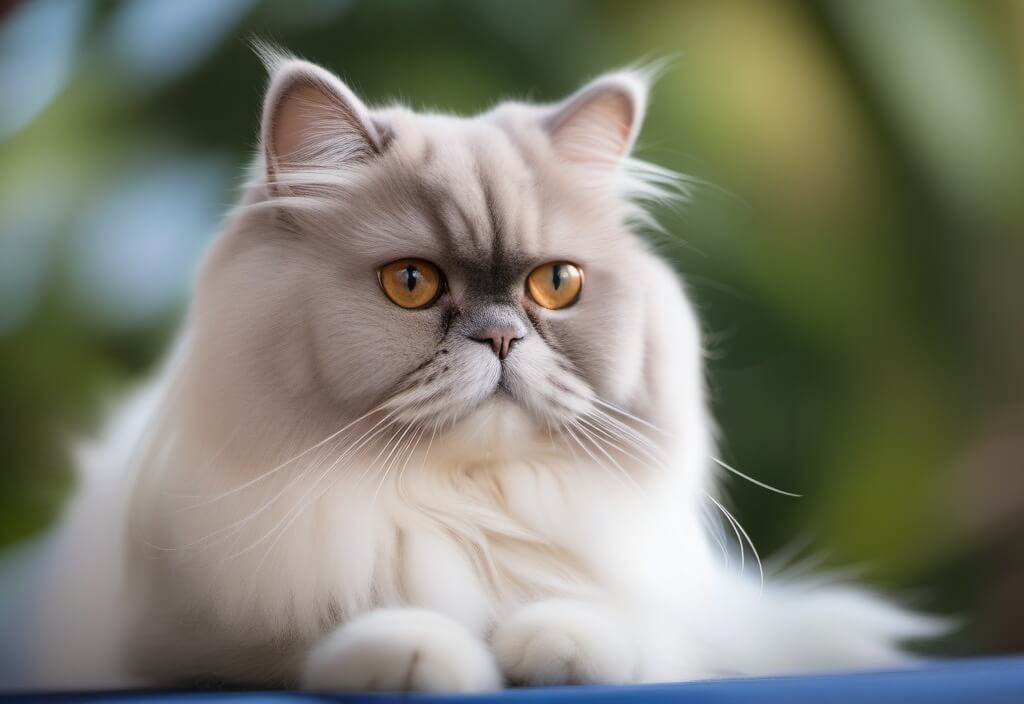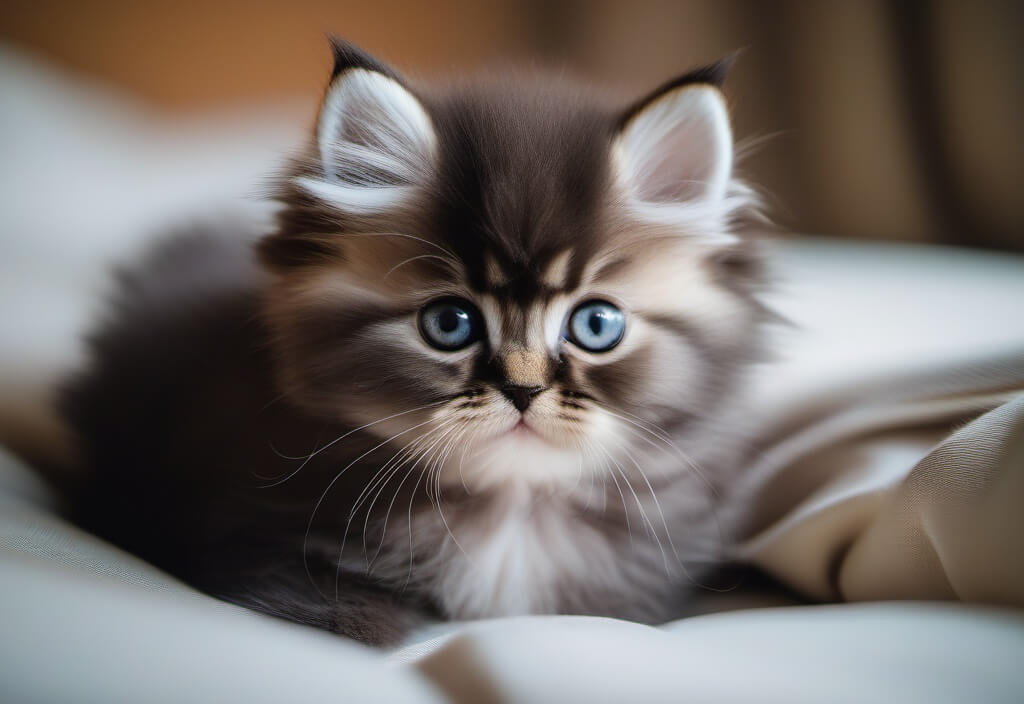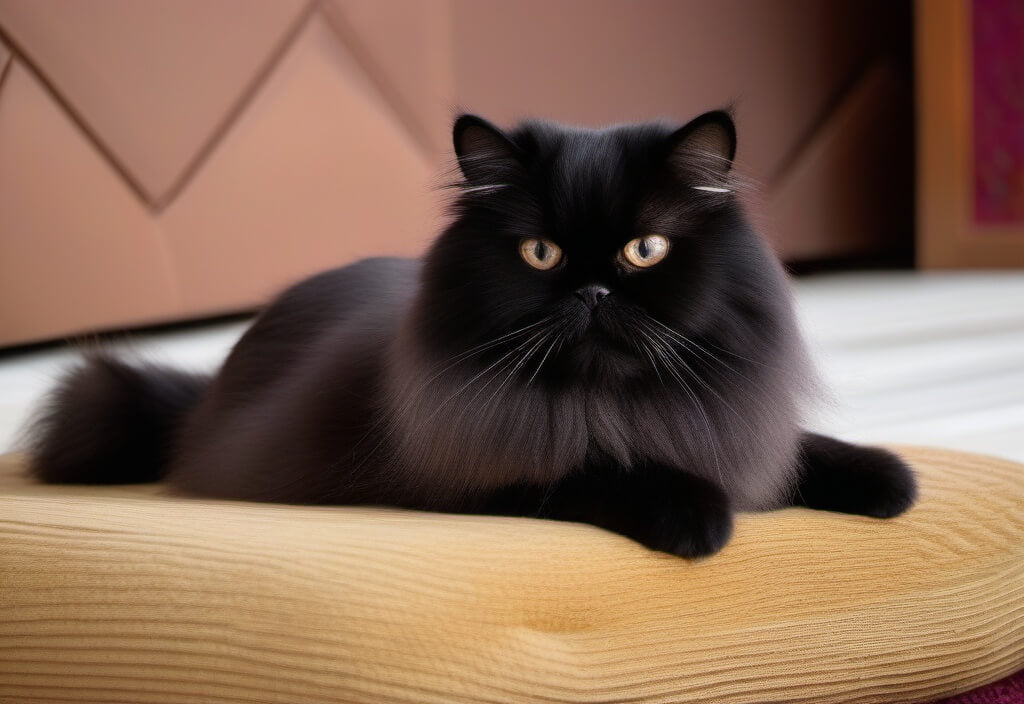What Does a Persian Cat Eat?

Table of Contents
Hey there, Persian cat parents! Ever found yourself wondering, "What does a Persian cat eat?" Well, you're not alone. It's a question that has puzzled many a cat owner. After all, our feline friends are known for their finicky eating habits, and Persian cats are no exception.
So, what's the answer? In a nutshell, Persian cats thrive on a balanced diet of high-quality commercial cat food or well-prepared homemade meals, supplemented with occasional treats. But there's a lot more to it than that. Each Persian cat is unique, with their own dietary needs and preferences.
Commercial Cat Food vs. Homemade Meals
When it comes to feeding your Persian cat, you've got two main options: commercial cat food or homemade meals. But which one is the best?

Pros and Cons of Commercial Cat Food
Commercial cat food is a popular choice for many Persian cat owners. It's convenient, readily available, and comes in a variety of flavors that can keep your Persian cat interested.
Most importantly, commercial cat food is designed to meet all of your Persian cat's nutritional needs, with the right balance of proteins, fats, carbohydrates, vitamins, and minerals.
But not all brands are the same. Some commercial cat foods may contain fillers like corn and wheat, which offer little nutritional value. Additionally, some brands may use low-quality ingredients or artificial additives, which could potentially harm your Persian cat's health in the long run.
- Pros: Convenient, nutritionally balanced, variety of flavors
- Cons: Can contain fillers, quality varies between brands
Commercial cat food offers convenience but quality can vary.
Pros and Cons of Homemade Cat Food
The biggest advantage of homemade meals is the control it gives you over what goes into your Persian cat's diet. You can choose high-quality ingredients and avoid any foods that your cat is allergic to or simply doesn't like.
But preparing homemade cat food can be time-consuming. It also requires careful planning to ensure that your Persian cat's meals are nutritionally balanced. Without the right balance of nutrients, your Persian cat could end up with nutritional deficiencies or excesses, which could lead to health problems.

- Pros: Control over ingredients, can cater to specific dietary needs
- Cons: Time-consuming, requires careful planning
Homemade cat food offers control but requires time and planning.
Feeding Guide for Persian Cats
Feeding your Persian cat isn't just about what they eat, but also about how much and how often they eat. It's a delicate balance that can have a big impact on their health and happiness. Let's break it down.
How Much to Feed Your Persian Cat
When feeding your Persian cat, portion control is key. Overfeeding can lead to obesity, which can cause a host of health problems including diabetes, heart disease, and arthritis. On the other hand, underfeeding can lead to malnutrition and a weakened immune system.
So, how much should you feed them? Well, it depends on a variety of factors including their age, weight, activity level, and overall health. As a general rule of thumb, an average adult Persian cat requires approximately 70 calories per kilogram of body weight per day.
But this can vary depending on their individual needs. For example, a highly active Persian cat may require more calories, while a less active or older cat may require fewer.
Portion control is key when feeding your Persian cat. Their caloric needs can vary based on factors like age, weight, and activity level.
How Often to Feed Your Persian Cat
Frequency of feeding is another important factor. Persian cats, like most cats, do well with multiple small meals throughout the day. This mimics their natural hunting behavior and helps keep their metabolism stable. It also helps prevent issues like bloating and indigestion that can occur when too much food is consumed at once.

For most adult Persian cats, two meals a day — one in the morning and one in the evening — is sufficient. However, kittens and pregnant or nursing cats may require more frequent feedings.
Persian cat parents also need to remember that Persian cats are prone to dental issues, so regular dental care should be part of their feeding routine.
Feed your Persian cat multiple small meals throughout the day to mimic their natural feeding habits and keep their metabolism stable.
Persian Cat Diet: FAQ
Got questions about your Persian cat's diet? You're not alone. Here are some of the most frequently asked questions about what Persian cats eat.
What Food Is Best for Persian Cats?
The best food for your Persian cat is one that meets their unique nutritional needs. This usually means a high-quality commercial cat food that's rich in protein, low in carbohydrates, and free of fillers.
But some Persian cats may also thrive on well-prepared homemade meals. It's always best to consult with your vet to determine the best diet for your Persian cat.
The best food for Persian cats meets their unique nutritional needs.
Do Persian Cats Drink Milk?
Contrary to popular belief, most cats, including Persian cats, are lactose intolerant. This means they can't properly digest lactose, the sugar found in milk. While some Persian cats may enjoy the taste of milk, it can cause digestive upset, including diarrhea. Instead, fresh water should be their primary beverage.
Despite popular belief, Persian cats, like most cats, are lactose intolerant.
Can Persian Cats Eat Rice?
Rice is not harmful to Persian cats and can be a part of their diet, but it should not be a staple. Cats are obligate carnivores, which means their diet should be primarily made up of meat.
While rice can be used as a filler in some commercial cat foods, it doesn't provide the essential nutrients that cats need. If you choose to feed your Persian cat rice, it should be cooked and served in small amounts.
Rice can be part of a Persian cat's diet, but it should not be a staple.

Conclusion
Feeding your Persian cat is more than just filling their bowl. It's about understanding their unique dietary needs, making informed choices about commercial vs. homemade meals, and knowing how much and how often to feed them. It's a journey of love and care that can bring you closer to your furry friend.
Always consult with your vet if you have any concerns about your Persian cat's diet. After all, a well-fed Persian cat is a happy and healthy Persian cat!
And in case there's anything else on your mind regarding Persian cat diet, feel free to leave a comment below!
